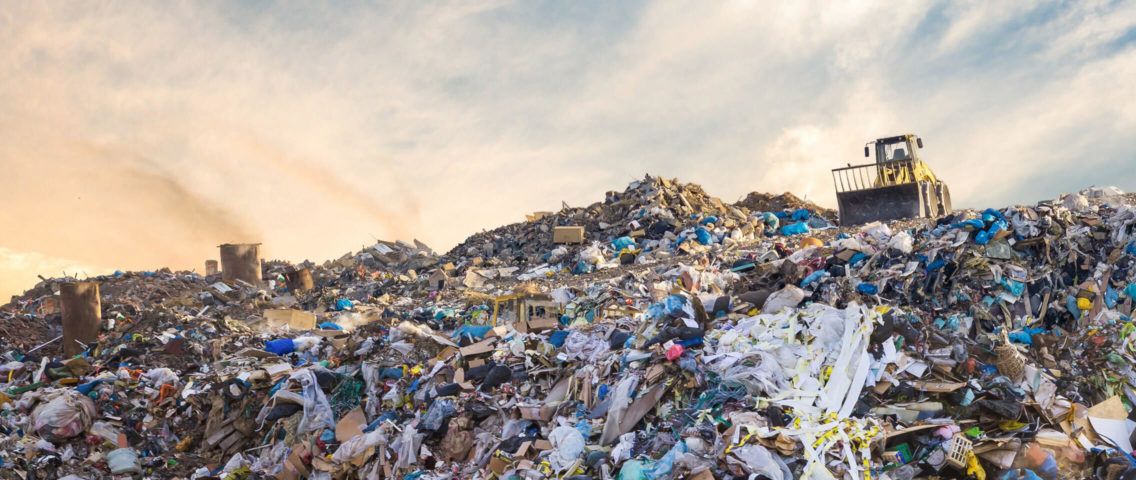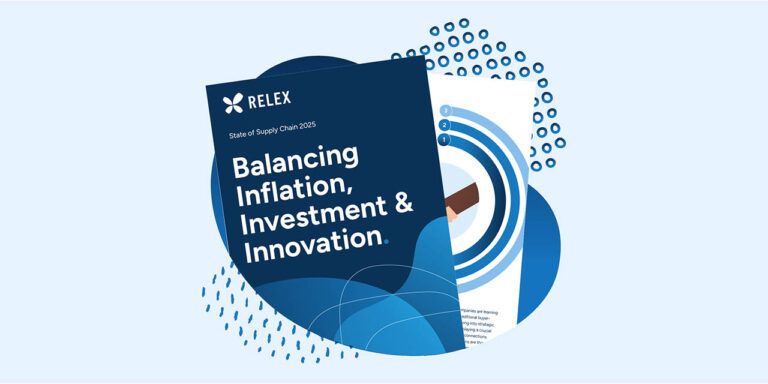Study highlights four grocery businesses improving retail sustainability
Mar 4, 2020 • 3 min
As our CEO Mikko has noted, change is inevitable in the age of Living Retail. The lines between online and offline are blurring, and retail is now part of a digital ecosystem that increasingly relies on an omnichannel model. As the market shifts and grows, retailers must adapt to meet today’s consumer requirements.
But one thing is constant against this backdrop of change: the imperative to improve sustainability. While waste reduction has always been important to the industry, consumers and regulators are putting stricter demands on retailers. The United States, for example, where up to 40% of the food supply is wasted, has launched an effort to reduce food waste by 50% between 2015 and 2030. Sustainability is not a trend; it is an ongoing mission.
Still, a recent increase in consumer demand for fresh food has led to a corresponding increase in concern about waste. In previous RELEX studies, 82% of grocers stated that fresh items are vital to attracting shoppers, but two out of three grocers report losing over 1.5% of annual revenue to expired and spoiled products. By improving supply chain visibility and planning processes, retailers can reduce food waste by up to 40%.
A Data-Driven Review of Sustainability Practices
Because we recognize the importance of retail sustainability, RELEX partnered with Gaia Consulting to conduct an independent, data-driven investigation into the carbon impact of waste-reduction efforts. We sought an objective measurement of how waste reduction efforts translate into a real-world impact on a business’s carbon footprint.
The report, Make a Difference: Cutting Food Waste and Carbon Footprint through Optimized Forecasting and Replenishment, highlights the efforts of four RELEX customers that sell fresh food items across varying business models: Bünting (supermarkets), Kolonial.no (online only), Menigo (wholesale), and WHSmith (convenience).
The study looked at sales and spoilage data from both before and after RELEX implementations to determine carbon emission reduction. It used two methodologies: spend-based and weight-derived, with an emphasis on the latter.
Waste Reduction Efforts Conclusively Impact a Retailer’s Carbon Footprint
The study illustrates the relationship between food waste and carbon footprint. It also highlights how the impact is different for different types of businesses, depending on the types of products that they sell and the manner in which they sell them.
Kolonial.no is Norway’s largest online grocery retailer, and their waste reduction initiative cut spoilage rates by 44%. In doing so, the company eliminated 228,000 kg of carbon dioxide annually, which corresponds to the carbon footprint of 103,743 beef steaks. Bünting, one of Germany’s major regional food retailers, had similar results. They reduced their carbon dioxide emissions by 265,000 kg, or the carbon footprint of 120,411 steaks. WHSmith cut food spoilage by 26% and reduced emissions by the carbon footprint of 106,087 steaks, while Menigo cut its carbon footprint by 302,000 kg, the equivalent of 137,320 beef steaks.
It’s worth noting that, in addition to being better for the planet, the waste reduction and sustainability initiatives at these companies also contributed to a healthier balance sheet. All four retailers who participated in the study reduced the cost of food spoilage significantly and quantifiably through their partnerships with RELEX. Less waste translates directly into better margins and increased profitability.
At its core, this study validates a concrete relationship between a reduction in retail food waste and a positive environmental impact. The four highlighted companies are leading the charge toward environmentally responsible business practices while also improving both their operational efficiency and their cost-effectiveness. Clearly, efforts toward improving sustainability by managing spoilage and waste need to be a part of any retailer’s plans.



